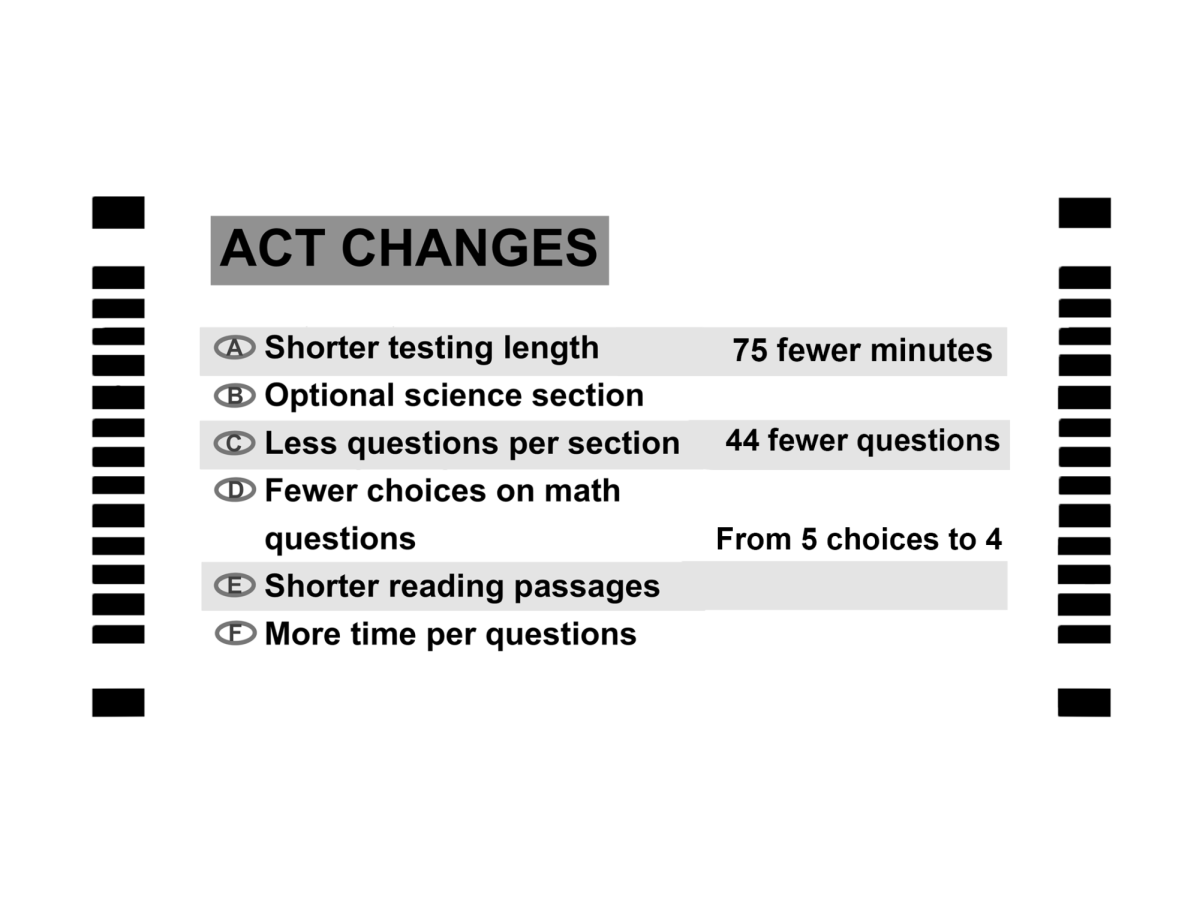If you’re reading this story, I sure hope you’re reading from The Southerner’s paper version and not on a tablet or smartphone. During my time here at Grady, it seems like technology has been invading every facet of learning, from in-class online assignments to textbooks only available to those with Internet access. I don’t mind using electronics in school, per se. I am dependent on my smartphone for social networking and texting, and I love taking notes on a computer. What I don’t love, however, are classes where students lose out if they don’t have an iPhone to view a class assignment.
The same goes for textbooks. More and more of my classes are starting to rely heavily on the online version of the textbook, with teachers assigning activities that can be found solely online. I have a problem with this for a couple of reasons. One, it severely limits the learning of those students who have little to no access to a computer at home. Secondly, at least for me, I learn better with a tangible textbook in front of me, flipping pages back and forth to memorize new terms. Similarly, if I’m in a class where I don’t receive a textbook until well into the first semester, learning becomes a game of catch-up.
A more important problem is the double standard that exists with regards to technology. According to a Pew Research poll conducted in 2012, 90% of teachers think digital technology creates a distracted classroom. If this is true, then I don’t understand why teachers are so willing to put assignments online, thereby forcing students to spend more time looking at an LED screen. While it’s true that using smartphones for learning may be better than checking Facebook, a double standard exists nonetheless.
The greater use of technology in our classrooms has also led to an economic divide between the students. According to a Blackboard study from 2011, only 50 percent of high schoolers own a smartphone and 21 percent own a tablet. About 48 percent own a cellphone. As opposed to when not having a data plan for your phone wasn’t a big deal, students nowadays are singled out by teachers and fellow students for not having a touch phone with Internet access. I experienced this myself when my teacher said we could take out our smartphones and research a topic. I didn’t have a smartphone so I couldn’t do the research. I personally know other students who don’t have smartphones and have felt inordinate pressure in class when they can’t use the tools available to others.
Technology also interferes with the teacher-student learning process. It’s not learning if a teacher assigns review tests online and, when asked to clarify something from one of them, they say to “read the textbook” or “look back at your tests.” I can see that teachers may not want us to lug a heavy textbook back and forth to class but honestly, I’d rather do that instead of trying to navigate my way around a site that most certainly does not model the actual textbook.
I’m not bashing electronic use in general. Like most people, I think this wave of digitization is a great thing for society. But when too much technology seems to be required for classroom learning, students without the latest gadgets find themselves at a severe disadvantage.
I think it’s time for teachers to re-examine their rapid embrace of online tools with a more critical eye, and to take a hard look at how much students really benefit from technology and how many students are getting left behind.






